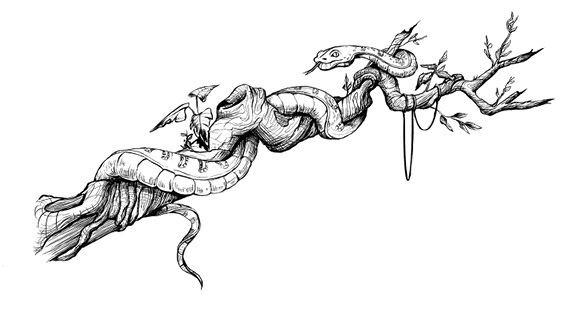
52.
I stayed where I was, welded to the spot.
Caleb, however, was undeterred by the man’s gun. ‘Francis!’ he said. ‘Tell this idiot who we are.’
I was gobsmacked by my cousin’s acting abilities. Knowing how cut up about Innocent he was, deep down, made all this ‘I’m in charge’ stuff impressive. Backed by his father’s name, it worked too. Francis, with Marcel in tow, only had to have the briefest of chats with the gun-toting guard to make him sling his rifle onto his back and spread out his hands in a ‘my bad, please let it go!’ way. He didn’t even object when I raised my camera to my eye again. I took a few wide-angle shots to start with, trying to capture the great spread of ramshackle activity before me, before switching lenses and zooming in on the detail. The big lens sucked the children in the distance full-frame. They were even younger than I’d thought. One was filling a sack with what looked like grit, using his bare hands, while the littler of the two squatted next to the pile, picking out bits of whatever it was with his fingers. Having cropped out the rest of the mine, these kids could simply have been playing in the dirt, but they weren’t. Like everyone else here, they were working.
‘Come with me,’ I said to Amelia.
‘Where? Why?’
‘Just come.’
The guard followed us with his eyes, but carried on talking to our chaperone as Amelia and I picked our way forward. We skirted mounds of dirt and rock and mud, passed open holes full of water, heard scraping and thudding and sifting and grunting, a cough here and a gasp there, sounds so puny and human, completely unlike the mechanised rumble at Langdon’s mining HQ, it was hard to imagine those tools had been invented. The most high-tech thing they had here were bicycles. People were using them to wheel sacks of whatever it was they’d dug up to a set of filthy-looking interconnected puddles, where more men, women and children were busy sluicing the muck, picking through it with their fingers. I made a beeline towards the littlest kid I could see. He was so absorbed in what he was doing that he didn’t notice us approaching, but when he did clock us he was all eye-whites, so surprised by my, ‘Hi,’ I thought he might burst into tears.
I squatted next to his pile of dirt. It was the colour of ash, as were the boy’s hands and feet. ‘What’s your name?’ I asked.
He blinked at me as Amelia translated the question, and replied so quietly I barely caught what he said.
‘Beno.’
‘Et quel âge as-tu?’ I managed.
‘Six,’ he whispered. It sounded like seess.
‘Unbelievable,’ I said, as much to myself as to Amelia.
‘Not really,’ she replied.
I glanced up at her sharply.
‘I mean, it’s common knowledge child labour is a thing here.’
‘That doesn’t make it right!’ I said.
‘I didn’t say it did,’ she said, and I immediately felt bad for snapping at her, because on closer inspection it was obvious from her compressed lips and deliberate breathing that she was as shocked as I was. ‘“Artisanal mining”, it’s called,’ she went on quietly. ‘Huge un-mechanised pits like this employ whole families for next to nothing, making even the youngest kids work in these terrible conditions, chemicals everywhere, breathing in poison, with middle men selling on the fruits of their labours at a handsome profit.’
In French she asked the boy, Beno, if his parents also worked at the mine.
‘Non.’
When she asked why, I understood his answer easily enough. ‘Ils sont morts.’
I winced when she immediately asked him what killed them, but her directness didn’t seem to bother Beno, who explained that both his mother and father had been sick before they died.
In response to Amelia’s follow-up ‘What with?’ the boy just shrugged.
‘Qui vis-tu avec maintenant?’ Amelia asked him.
The boy flicked his eyes at a group shovelling dirt into sacks fifty or so metres away. ‘Mon oncle,’ he said.
Looking more closely, I saw that not all of the men and women in the group were working. One guy, wearing jeans whose legs had for some reason been ripped off at different heights, one above the knee the other below it, had his hands on his hips and was watching us. When my eyes met his he called out in French, but not to us, it turned out. He was yelling at Beno. The little boy squatted down in the dirt and started picking through it again. When I looked back to the man – his uncle, presumably – I saw he’d also returned to his sack-filling. We’d interrupted Beno’s work, and when told to get back to it that’s what he’d done, immediately.